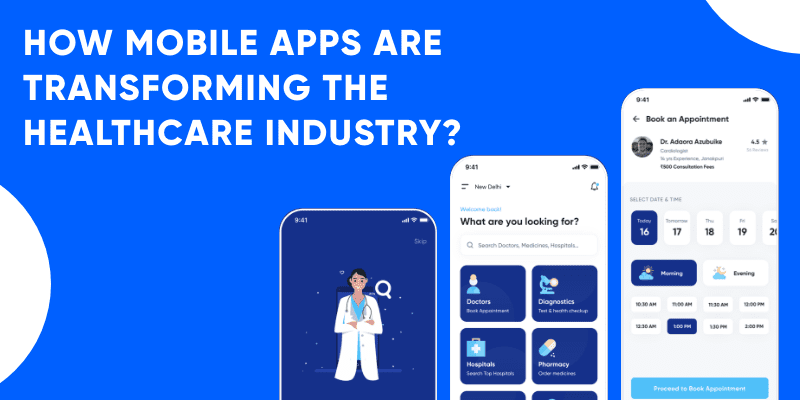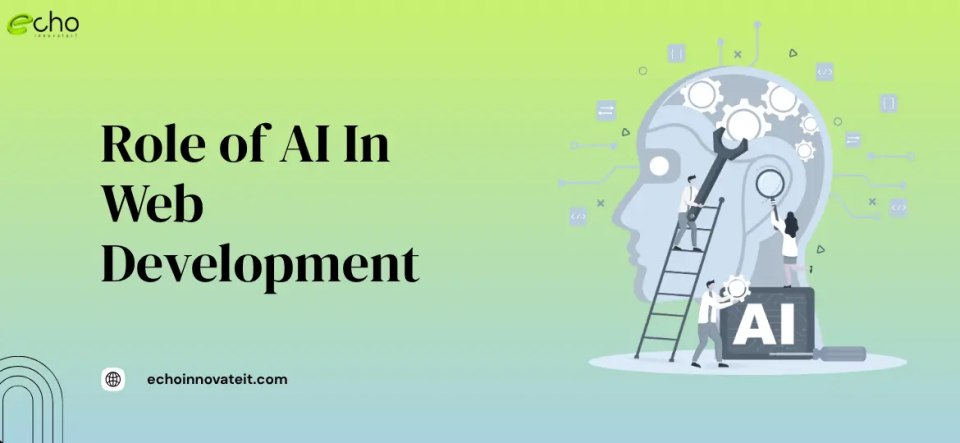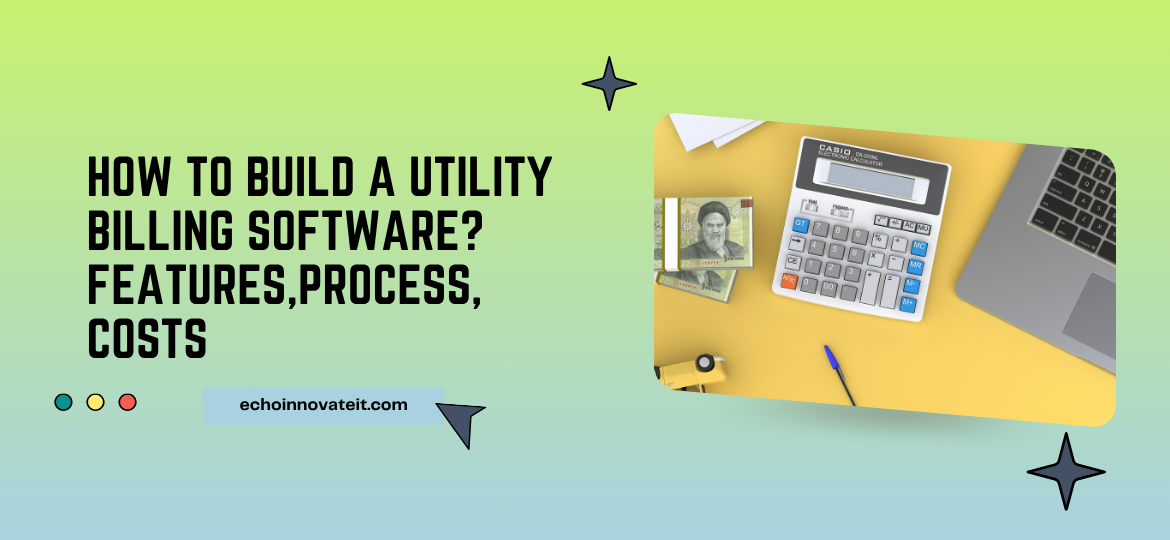The potential of Healthcare mobile apps is being used to improve patient treatment in a variety of ways, including diagnosing illness, leveraging wearables, and ingestible sensors.
We have become increasingly reliant on our smart devices now that we have entered the digital world. We continue to rely on our cellphones to manage our schedules, handle our work and business operations, keep informed and connected through social media, and schedule doctor appointments and healthcare check-ups, among other things. App development has become both a need and a luxury in the healthcare industry due to innovation.
The Healthcare Industry has seen significant changes as a result of technological advancements and intervention. We can clearly see how healthcare mobile app development has aided in the evolution of the healthcare sector in recent years. The COVID-19 pandemic is still ongoing, and healthcare mobile apps have paved the path for impressive growth during this time of crisis, transforming people’s perceptions of the health industry worldwide.
Let’s Have A Look At Some Digital Health Statistics:
The global digital healthcare industry was valued at 106 billion dollars in 2019. From 2020 to 2026, it is predicted to increase at a CAGR of 28.5 percent, more than doubling the market’s size! The digital health market will be worth approximately 640 billion dollars by 2026.
Medical app downloads increased by 50% year over year, according to research, driven by demand for COVID-tracing and healthcare apps. The total number of downloads for mobile healthcare mobile apps has exceeded 3.2 billion.
According to Accenture, the use of digital healthcare solutions is growing at a rapid pace, with 74% of patients satisfied with their digital health services.
Let’s find out why you need a healthcare mobile application now that we’ve demonstrated that mobile health applications are popular.
What Is Healthcare App Development?
mHealth, or mobile health, is a relatively new word that has skyrocketed in popularity in recent years. This demonstrates the optimal mix of technology and the healthcare sector for developing current-day healthcare applications.
We have already passed the trend of medical practitioners embracing technology (eHealth), in which they use mobile devices or computers to successfully promote public healthcare. mHealth is considered a subcategory of eHealth. mHealth enables you to collect and monitor clinical and community data from patients in real-time by healthcare providers.
A great number of such applications have been developed around the world in recent years in order to provide better care to patients or consumers. Some focus on providing direct access to doctors, creating personalized nutrition plans, planning training routines, and monitoring health metrics, among other things.
Why Do You Need A Mobile App For Your Healthcare Business?
If you’re intending to create a healthcare app, think about its business worth and what it means in terms of profit and effort, whether you own a medical business or want to establish one.
While COVID-19 pandemics have been a nightmare for many industries, including air travel and hotels, it appears that they may turn out to be a boon for the healthcare business and, in particular, health apps, stimulating the development of healthcare apps all over the world.
The elixir of life has yet to be discovered by scientists. However, there is something in today’s world that is equally fascinating: contemporary medical technologies developed by healthcare software businesses. Mobile healthcare applications may serve as a bridge between advanced high-tech and people’s everyday needs and routines.
The internet, cellphones, and wearable devices have ushered in a new era of medicine known as mHealth. The use of mobile devices and wireless technology for medical care and ensuring a person’s healthy lifestyle is referred to as mHealth. Multiple health applications for mobile phones and tablets linked to staying fit or controlling a person’s physical state are the most well-known example of mHealth technologies (for example, weight).
The mobile health sector, on the other hand, is about a variety of solutions for medical professionals of various levels of complexity. Analysts identify various primary segments of apps for diagnosis, monitoring, preventive, and treatment, as well as medical simulators, in the mHealth industry.
The market for mobile health apps is exploding. This massive sector is growing at a breakneck pace and shows no signs of slowing down, because of the COVID-19 pandemics. The number of mobile application developers has exploded, and the quantity of applications has surpassed all previous records. The mobile app industry’s revenue has soared to unprecedented heights.
Benefits Of Healthcare App Development
A mobile app is a powerful tool for attracting users and streamlining hospital operations. It can assist you in executing various tasks efficiently and effectively, from patient registration to discharge. If you’re still not convinced that medical apps for patients can improve hospital efficiency, consider the following:
Hassle-Free Appointment Booking
Patients are frequently required to visit the hospital or call the receptionist in order to learn about the doctor’s schedule and book an appointment. Both the patients and the receptionist are concerned about this. Isn’t that so? When it comes to hospital communication applications, patients may easily check the doctor’s visit schedule, book an appointment, and set a reminder. Patients will find the booking process to be less stressful as a result of this. Furthermore, it relieves the burden on receptionists by eliminating the need for them to phone patients a day ahead of time to remind them of their appointments. They will be able to make better use of their time. Doctor on Demand, for example, is a popular hospital mobile app that allows patients to find a doctor in an emergency and schedule appointments at their ease.
Also Read:
Easier Access to Medical Reports
Patients do not have to rush to hospitals or laboratories for reports while using a mobile app. Instead, customers can obtain an online report that they can access at any time and from any location. Users can then consult with their doctors without having to worry about forgetting or misplacing their reports at home.
This not only improves patient convenience but also minimizes paperwork. The collection, storage, and distribution of reports do not need to be a source of concern for hospital management. They simply need to press a button on their device, and the report will be sent to the appropriate patient.
Improved Efficiency
All of the medical applications for patients combined with a centralized database allow doctors to review the patient’s medical record and deliver the best possible answers. A doctor can attend to several patients at the same time with this simplicity. As a result, the quality of your services will improve, as will the reputation of your brand.
Not only that, but with the launch of a mobile application, other employees will be able to connect with one another and have a clear understanding of their responsibilities.
Convenient Bill Payments
In the hospital setting, dealing with invoices is a time-consuming process for both hospital employees and patients. Manually keeping track of all the patients who have paid or not paid their bills, as well as chasing down insurance companies for bill clearance, is a tedious and time-consuming process. With mobile apps, however, this time-consuming process can be reduced to just a few minutes. Patients can choose their preferred payment option, pay online, and link to their insurer via applications (if necessary).
Furthermore, if you develop a medical app, you may customize the information to show only unpaid bills, paid bills, and so on. As a result, with the help of medical application development, the payment procedure becomes more convenient for both sides.
Accurate Patient Diagnostics
Doctors can keep a close eye on a patient’s diagnosis and other medical examinations with the help of hospital apps for patients. This reduces the chances of a patient dying as a result of an error. Sensors are used in healthcare applications to properly measure and monitor numerous health metrics.
As a result, healthcare services become more efficient and of higher quality. Patients can also use medical applications to get real-time updates on their treatment. So, getting started with hospital app development is a fantastic idea.
Effective Promotion
As previously mentioned, medical applications for patients can help you stand out in a market where hospitals and clinics are still understanding the many advantages of mobile technology. It has the capability of being the most effective marketing tool accessible. Using the push-notification system, you can easily remind patients about their reports and appointments, as well as provide news, promotions, and special offers. You can turn a one-time patient into a loyal one this way.
Better Brand Reputation
It is necessary to persuade consumers to stay in the market, and hospital apps for patients may be the greatest approach to accomplish so. A hospital mobile app allows you to collect feedback from patients and evaluate user behavior. With the information gathered, you can simply identify the flaws in your services and develop better, more user-centric marketing strategies.
Timely Care at Even Remote Locations
One of the most significant advantages of mobile healthcare app development is this. People who live in the suburbs or in remote places can expect to receive the best health care through hospital apps. The majority of people in remote locations may get timely care without having to travel to a hospital by organizing video calls with doctors. Patients might avoid going to the clinic on a frequent basis since doctors can monitor their patients using smartphone apps. Users can also receive vital health recommendations and precautions via push notifications.
Simplified Healthcare with IoT
According to a survey, the IoT healthcare industry was worth $113.75 billion in 2019 and is predicted to grow to $332.67 billion by 2027, with a CAGR of 13.20% from 2021 to 2027. There is no doubt that this new technological trend has made the job of healthcare professionals easier. When vital health markers exceed a threshold value, IoT makes it easy to monitor them and alert the healthcare professional. IoT in healthcare has also ushered in a far more efficient resource management system. The medical team can quickly monitor and maintain their enormous inventory of supplies. Furthermore, IoT has greatly lowered treatment costs and made it easier for patients to follow doctors’ instructions.
Real-time Communication
One of the most significant advantages of mobile health apps is this. These healthcare apps developed for patients can be used to collaborate, consult, and share information with doctors around the world in real-time. Patients benefit from the fact that doctors from all around the world can communicate in real-time. Furthermore, continual real-time communication between patients and doctors improves monitoring by allowing doctors to keep a constant eye on the patient’s health.
Get Feedback
Another reason why healthcare mobile application developments are crucial is because of this. A patient can submit feedback on medical facilities and services rendered with the use of medical applications. Staff, on the other hand, can use a hospital communication app to immediately share their concerns with higher authorities. It’s a good decision to provide a digital medium instead of a paper-filled feedback form. On receiving the feedback, healthcare practitioners can begin determining what can be done to improve services or where gaps exist.
Types Of Healthcare Mobile Apps
- Patient Medical Health tracking App
- Doctor appointment & Clinical Assistance app
- Telehealth mobile app(doctors on-demand app)
- Patient medical and education app
- Nutritional app
- Dieting App
- Mental Health App
- App
How Mobile App Is Transforming The Healthcare Industry?
Offer accessible and instant treatment all the times
The current situation of a pandemic has made one thing abundantly clear: readily available treatment is essential for avoiding repeated hospitalizations. A patient who lives in a remote area may not be able to get to the hospital on a regular basis. The waiting time can be excessive at times. Telehealth consultations aid in the communication between healthcare providers and patients. It expands the reach of clinical care and makes it available to patients living in remote areas. Patients can receive therapy at any time from the comfort of their own homes with the use of a mobile app consultation. In-app messaging, for example, can assist healthcare practitioners in providing real-time solutions to patients. On their mobile app, healthcare practitioners may view all of the patient’s reports and prescriptions and use that information to improve treatment.
It Reduces Overhead cost
The telehealth option provided on mobile apps has resulted in significant cost savings for smaller healthcare facilities and even large hospital networks. Staffing shortages are common in healthcare facilities. Even with minimal resources, such centers can use telehealth to provide high-quality care to patients. They may be able to avoid incurring additional expenses throughout treatment. The telehealth option also gives patients quick access to specialists who may not be in the same city as them. Thus, saving the specialist, hospital, and patient money on travel expenses.
Easy access to Medical reports
Medical apps enable patients and doctors to access medical reports at any time and from any location. This data can be accessible to make swift medical decisions when a patient switches from one healthcare practitioner to another.
Increased Accurate Report
Doctors are human, too, and can make mistakes, but the consequences are far more deadly. In healthcare, incidents of incorrect diagnosis have decreased due to machine learning and data analytics. Patients can have accurate reports with the support of machine precision and efficiency.
Improved Patient Outcomes due to individualized treatment
There are no two patients alike. Based on their major and secondary health issues, each patient requires a unique treatment approach. Healthcare practitioners can use mobile apps to generate personalized care plans for improved illness management and to track outcomes and goals. Patients now have the ability to easily get credible disease information and better manage their health. The goal is to give the patient comfort so that they can live a regular life.
Better Patient Experience
For both hospitals and patients, mobile apps are a big win. Booking and canceling appointments using apps, receiving test results on a mobile phone, and interacting with healthcare practitioners in-app have all improved the experience for patients. In fact, 20% of patients claimed they would change their primary healthcare provider if telemedicine services were available. Streamlining hospital processes has benefited them. Doctors, patients, and other healthcare personnel have been able to communicate more effectively thanks to mobile apps. Because of enhanced systems and communication, 61 percent of nurses have noted fewer errors in medical administration.
Conclusion
The healthcare industry’s evolution and trends have been on the increase for a long time. And healthcare app developers are simply adding to it. As we all know, healthcare mobility solutions will benefit the entire world as well as the healthcare sector. If you’ve been considering developing a healthcare mobile app development company, now is the right time!
FAQs
What are the best healthcare apps for 2023?
Some of the best healthcare apps for 2023 are:
- Generis – DNA & Nutrition
- Teladoc – 24/7 Access to a Doctor
- Better Help – Online Counseling
- MDacne – Custom Acne Treatment
- Leafly – Cannabis Community
- MySugr – Diabetes Tracker Log EyeCare
- Live Heal – Physician house calls are back
What is the best app for fitness tracking?
At this time, the industry incumbents in the fitness tracking market are Fitbit and Garmin. There are a variety of companies concentrating on specialist health wearable sectors, such as fall alarm devices for the elderly and hospice patients, in addition to general health and wellness fitness tracking.
What is the best app for telemedicine?
Outside of established insurance and health networks, there are also plenty of startups aimed at reducing friction for consumers suffering from common health concerns such as the common cold or rashes and in need of prompt treatment at a reasonable cost. Lemonaid, MDLIVE, and Doctor on Demand are three examples of this type of telemedicine service that are now gaining traction.



